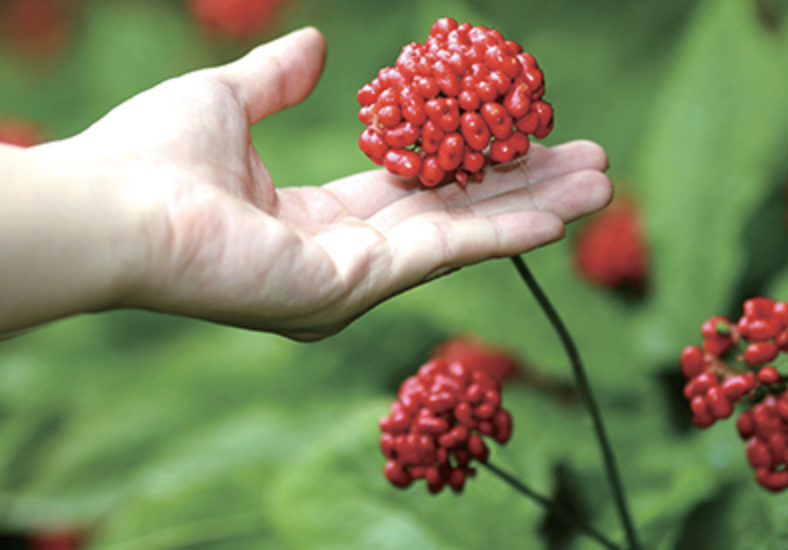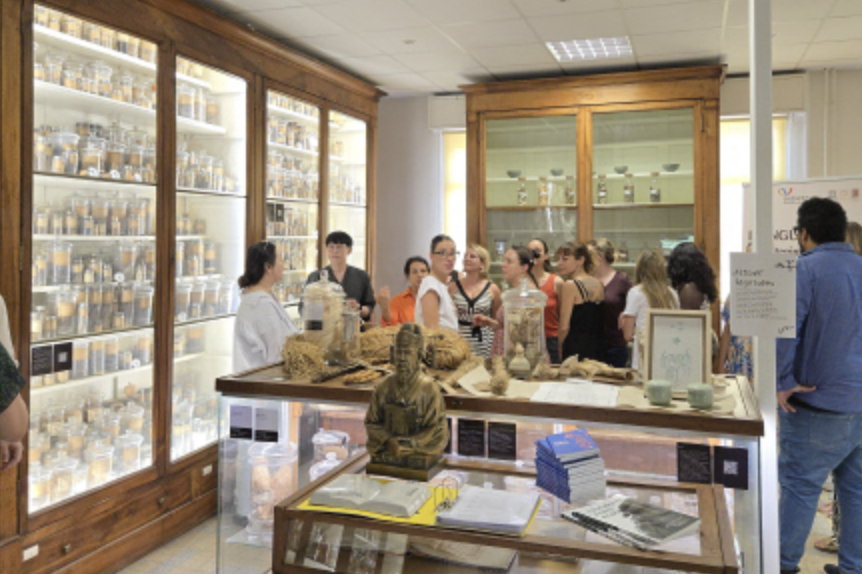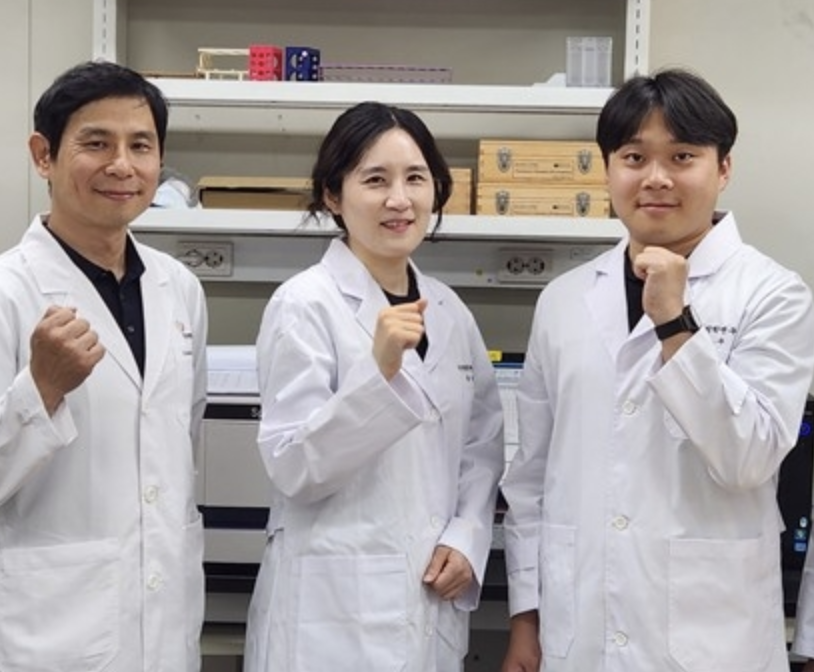
Ginseng roots and supplements showcasing natural antioxidant properties
Ginseng, a revered herb in traditional medicine, has garnered significant attention in contemporary scientific research for its potent antioxidant properties. This article delves into the latest studies highlighting the antioxidant effects of ginseng, with a particular focus on Korean and American varieties. We will explore comparative analyses, effects on different types of fatigue, real-world consumption experiences, and the anticipated benefits of long-term use.
Recent Scientific Studies on Ginseng’s Antioxidant Properties
Recent clinical trials have underscored the antioxidant capabilities of Korean Red Ginseng (KRG). A study involving postmenopausal women demonstrated that an 8-week regimen of KRG significantly increased mitochondrial DNA copy number and total antioxidant status, while also reducing fatigue severity . These findings suggest that KRG may play a role in mitigating oxidative stress associated with aging.
In another study, KRG supplementation was shown to suppress inflammation and oxidative stress induced by viral infections, indicating its potential as a functional food with antiviral properties . These studies collectively affirm the antioxidant efficacy of KRG in various physiological contexts.
Comparative Analysis: Korean vs. American Ginseng
While both Korean and American ginseng exhibit antioxidant properties, differences in their ginsenoside profiles contribute to varying effects. Korean ginseng is rich in protopanaxadiol-type ginsenosides, which are associated with robust antioxidant and anti-inflammatory activities. Conversely, American ginseng contains higher levels of protopanaxatriol-type ginsenosides, which may offer milder effects . These distinctions suggest that Korean ginseng may be more potent in combating oxidative stress.
Effects on Physical and Mental Fatigue
Ginseng’s antioxidant properties contribute to its efficacy in alleviating both physical and mental fatigue.
Physical Fatigue: A study on healthy middle-aged adults revealed that KRG supplementation improved exercise performance and reduced fatigue, likely due to enhanced mitochondrial function and reduced oxidative stress.
Mental Fatigue: Ginseng has been shown to regulate the immune response and hormonal changes due to stress, thereby maintaining homeostasis and potentially mitigating mental fatigue .
Real-World Consumption Experiences
Consumers have reported positive outcomes from incorporating ginseng into their routines. For instance, individuals have noted increased energy levels and reduced fatigue after regular consumption of KRG supplements. These anecdotal accounts align with clinical findings, reinforcing the herb’s reputation as a natural remedy for fatigue and oxidative stress.
Long-Term Benefits of Ginseng Supplementation
Long-term intake of ginseng, particularly KRG, has been associated with sustained antioxidant effects and improved immune function. A 12-month study indicated that prolonged KRG consumption is safe and may enhance immune system activity without significant adverse effects . These findings suggest that regular ginseng supplementation could offer enduring health benefits.
Conclusion
Emerging scientific evidence underscores the antioxidant prowess of ginseng, with Korean varieties exhibiting particularly potent effects. The herb’s ability to combat oxidative stress, alleviate fatigue, and bolster immune function positions it as a valuable natural supplement. As research continues to unfold, ginseng’s role in promoting health and vitality becomes increasingly evident.
3. Tags with Hashtags:
#GinsengBenefits #AntioxidantProperties #KoreanGinseng #AmericanGinseng #FatigueRelief #NaturalSupplements







